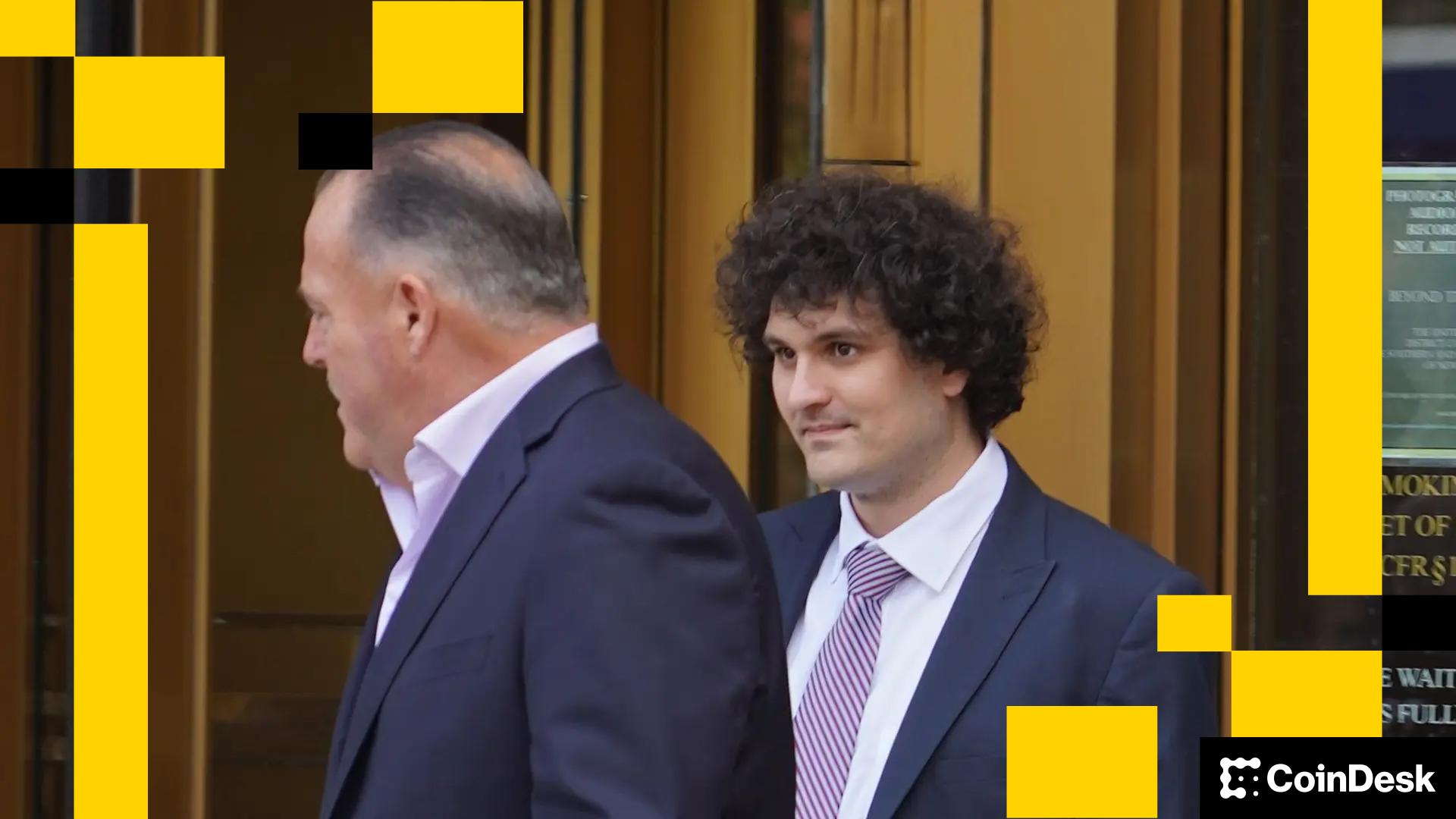**FTX Founder Sam Bankman-Fried’s Appeal Hearing Set as Legal Battles Continue**
Three years after the collapse of his cryptocurrency empire, FTX founder and former CEO Sam Bankman-Fried’s hopes that the U.S. legal system will set him free may soon face a crucial turning point. The Second Circuit Court of Appeals is scheduled to hear arguments in Bankman-Fried’s effort to overturn his conviction and 25-year prison sentence. This hearing comes just over two years after a jury unanimously found him guilty on seven conspiracy and fraud charges.
### Hearing Details and Participants
The oral arguments will take place on November 4, with both the Southern District of New York prosecutors—now led by former Securities and Exchange Commission Chair Jay Clayton—and Bankman-Fried’s new defense team given 10 minutes each to present their cases. The defense is headed by Alexandra Shapiro, a leading white-collar appellate attorney.
Judges on the panel may also pose questions during the hearing to clarify legal points. Importantly, the hearing will not revisit the charges themselves but will focus solely on whether the original trial was conducted fairly and according to proper legal procedures.
### Defense’s Appeal Arguments
Bankman-Fried’s legal team is seeking a new trial before a different judge. Their September 2024 opening brief argues that District Judge Lewis Kaplan, who presided over the trial, demonstrated bias against the ex-CEO and made prejudicial comments throughout the proceedings that undermined the defense.
However, legal experts consulted by CoinDesk suggest that Bankman-Fried faces a steep uphill battle. Etherealize General Counsel Steve Yelderman explained that the defense must show that the district court committed a clear error in handling the case. Howard Fischer, partner at Moses Singer, noted that the defense claim essentially boils down to arguing the trial itself was “unfair.”
Throughout the 2023 trial, Judge Kaplan rejected multiple defense motions, which are now being preserved as grounds for appeal. Yelderman emphasized the importance of showing that any wrong decisions by the trial judge could have influenced the case outcome significantly.
### Challenges in Arguing Judicial Bias
One focal point for the defense is Judge Kaplan’s on-the-record comments related to various lines of questioning during the trial, which they claim may have swayed the jury. Nonetheless, Yelderman believes this will be a difficult argument to prove, given the extensive 3,000-page trial transcript that likely includes comments from the judge that could cut both ways.
Fischer pointed out that appellate courts typically hesitate to overturn trial court decisions, especially in complex cases like this. Even if the judge made errors, the appeals panel may not reverse the verdict if the trial was “fundamentally fair.”
### The Controversy Over Bankman-Fried’s Pre-Testimony “Dry Run”
Another unusual element the appellate court may scrutinize is Bankman-Fried’s “dry run” testimony prior to testifying before the jury. During the trial, Judge Kaplan insisted on hearing some of the defense’s arguments in advance to decide their admissibility.
Bankman-Fried’s attorney at the time, Mark Cohen, referred to this session as a “deposition.” The defense’s brief argues that defendants should have the right to tell their story to the jury without first convincing the judge of its truthfulness. They view this pre-testimony as an extraordinary and highly unusual judicial procedure.
Martin Auerbach, of counsel at Withers, described the pre-testimony as “pretty exceptional,” noting that while judges must balance evidence’s probative value against potential prejudice, this approach is not typical.
The Department of Justice (DOJ) has countered that district judges are obligated to rule on evidentiary issues. Still, the defense might persuade the appellate panel to reconsider whether this “dry run” gave the prosecution an unfair advantage by effectively allowing two rounds of cross-examination.
If the panel finds merit in this argument, it could raise concerns about the impartiality every defendant deserves.
### Impact of Recent Supreme Court Ruling on Fraud Intent
Even before the appeal hearing, Bankman-Fried’s team has faced setbacks. A recent Supreme Court decision in *Kousisis et al. v. United States* clarified that under the federal wire fraud statute, a party can be convicted for taking funds under false pretenses regardless of whether they intended to cause economic harm.
This ruling undermines the defense’s argument that Bankman-Fried did not mean to defraud victims and planned for people to be reimbursed eventually. According to Yelderman, the key issue is whether the defendant intended to obtain money for themselves through deception.
Auerbach summarized the impact: “Even if it turned out that you could repay the money later, that’s no defense. The intent was to take the money initially.”
The appeals court may also examine whether Judge Kaplan allowed the DOJ to focus disproportionately on FTX’s financial losses to customers and investors. Auerbach noted that lying about prudent financial conduct can be sufficient to infer fraudulent intent, regardless of actual losses.
### What to Expect from the Appeals Process
A thorough and inquisitive hearing, featuring numerous questions from the judges, could signal that the panel is seriously considering a new trial. Yelderman remarked that active engagement is typically a positive sign for appellants.
Conversely, a brief hearing with few questions generally indicates the court is leaning toward affirming the conviction.
Fischer added that the nature of the judges’ questions, especially if they challenge the defense’s arguments, often reveals their inclinations. If the panel sticks strictly to procedural inquiries without delving deeper, it suggests they view the appeal as routine.
Similarly, if the judges allow both sides to make their arguments with minimal interruption and then take time to issue a written opinion, it provides further insight into their stance.
### Considering a Presidential Pardon
Should the appeal fail, Bankman-Fried appears to be pursuing a presidential pardon. He has made recent media appearances, including on Tucker Carlson’s show, and shared posts on X (formerly Twitter) via a purported friend. Notably, on September 30, 2025, his account released a document titled “Where Did the Money Go,” asserting that “FTX was never insolvent.”
Nonetheless, the likelihood of a pardon seems remote. While former President Donald Trump has pardoned several crypto figures this year—such as Binance founder Changpeng “CZ” Zhao—Bankman-Fried’s prospects are dimmer. Binance enjoys business ties to Trump and his family, including involvement in developing a Trump family-affiliated stablecoin.
Other pardoned executives, like BitMEX’s Arthur Hayes, benefited from strong industry support and lobbying efforts. Bankman-Fried, by contrast, is primarily associated with sizable donations to Democrats, including a $6 million contribution to Joe Biden’s campaign that helped unseat Trump after his first term.
Reports even suggest that Bankman-Fried once considered paying Trump $5 billion to refrain from running for re-election, further complicating any pardon prospects.
—
The upcoming appeals hearing will significantly shape the final chapter of Sam Bankman-Fried’s legal saga. While the road ahead is challenging, the proceedings will shed light on whether the justice system finds sufficient cause to revisit the landmark trial of one of the cryptocurrency industry’s most high-profile figures.
https://bitcoinethereumnews.com/tech/appeals-court-to-hear-sam-bankman-frieds-bid-to-redo-ftx-fraud-trial/?utm_source=rss&utm_medium=rss&utm_campaign=appeals-court-to-hear-sam-bankman-frieds-bid-to-redo-ftx-fraud-trial



